
View our current offers
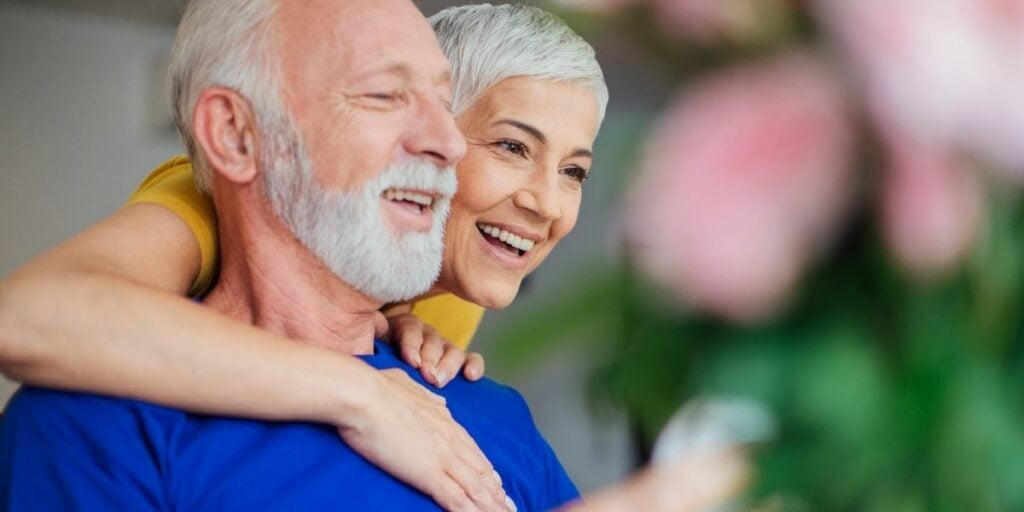
Yes, that's possible! In this article, which is based on scientific studies, we show you how you can slow down and even reverse the aging process.
Many people think of the skin when anti-aging or slowing down the aging process, but even more important when slowing down aging is to take good care of the inside. Aging is, of course, part of life – and that brings with it wisdom and experience, but unfortunately also the negative aspects of aging, such as a reduced immune system, reduced brain function and physical age-related complaints. Who wouldn't want to slow down the clock a little or even want to turn back….If that could be one….
New research from Harvard University shows that reversing aging is possible with certain supplements. But aging can also be reversed with moderate intensity sports. Doesn't that sound like music to your ears.
If you're not ready for the anti-aging supplements of the 21st century...then here are our tips that slow down the aging process. About things like smoking and alcohol we are not going to talk about it here as it is well known that this speeds up the aging process considerably.
A diet high in pro-inflammatory foods speeds up the aging process by affecting telomere length. Telomeres are structures located at the ends of chromosomes that provide protection during cell division. An anti-inflammatory diet shortens telomeres prematurely, contributing to premature aging. The shorter the telomere, the older the cell and the faster it dies. In addition, it is important to limit food intake and fasting (intermittent fasting) are a way to prevent premature aging.
Sleep helps the body and brain to recharge and recover from daily exertions, including stress. Not getting enough sleep not only means you'll feel groggy the next day, but it can also make you feel groggy cognitive functions deteriorate and have serious consequences for your health.
Long lasting inadequate sleep is associated with an increased risk of depression, obesity, infections, heart disease and early death.
In addition, too little sleep (less than 7 hours) can alter the hormones that regulate the feeling of hunger. For example, research found that sleep-deprived young men had higher levels of the appetite-stimulating hormone ghrelin and lower levels of the satiety-inducing hormone leptin, with a corresponding increase in hunger and appetite – especially for fatty and carbohydrate-rich foods. Conclusion: Getting less than 8 hours of sleep each night increases the chance of premature death and the chance of longevity so smaller. If you have had too little sleep, you can catch up on your sleep with one 90 minute power nap.

“Move your body and move more often!” is a frequently heard slogan. And with good reason: Spending too much time sitting (sedentary behavior) has been linked to an increased risk of heart disease, diabetes, cancer and premature death.
Exercise is one of the simplest ways to slow down the aging process. Even moderate exercise can improve circulation and help you increase resistance. Both can help keep your skin looking more youthful and help you grow old with vitality. Make it a habit to exercise every day of the week.
We learned earlier in this article that the shorter the telomere, the older the cell. Moderate-intensity physical activity has been shown to preserve telomere length, and exercise even has the potential to restore shortened telomere length. after moderate intensity for six months or more.
Get your heart rate up and use your muscles! Aerobic activity is any activity where you breathe harder than normal and your heart beats faster. Aim to get at least 150 minutes of moderate aerobic activity or 75 minutes of vigorous aerobic activity per week.
Strength training by lifting weights or doing bodyweight exercises improves bone health and reduces the risk of weak, thin bones (osteoporosis) – a major factor in aging that affects many older people. New research shows that having Strong calf muscles significantly reduce the risk of cardiovascular disease.
Conclusion: exercise slows down aging and can reverse the aging process itself. Physical activity is an essential medicine for slowing down or reversing aging and for alleviating conditions associated with the aging process.
Sunlight contains ultraviolet (UV) radiation, which causes premature aging of the skin (photoaging) and increases the risk of skin cancer. Medik8 Physical Sunscreen SPF50 protects you against UV radiation, this in combination with our tips will keep your skin looking beautiful and healthy for a long time,
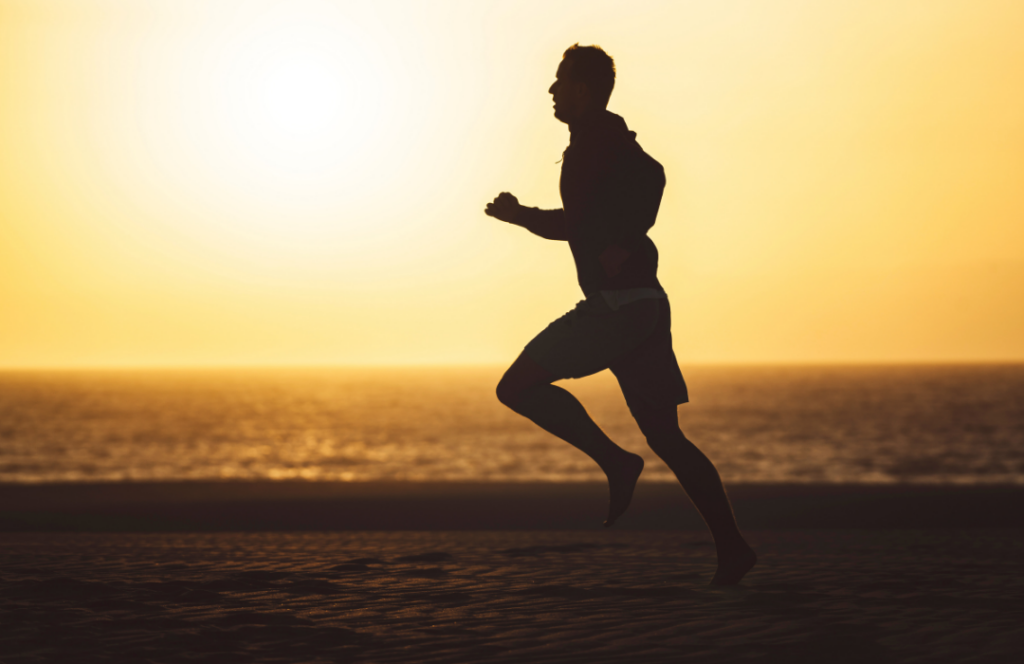
Blue light from cell phones, television and computer screens can also damage skin cells and contribute to photoaging. To block blue light, use a sunscreen with a mixture of iron oxides, zinc oxide, or titanium oxide.
Air pollution, both indoors and out, also affects the rate at which your skin ages. Small particles of soot and traffic pollution (fine dust) and gaseous compounds such as nitrogen oxide float in the air and cause hyperpigmentation of the skin.
Finally stress! Stress is part of life according to some. But constant, long-term stress can contribute to serious health problems that lead to early death. Conditions associated with chronic stress include cancer, heart attacks, strokes, diabetes, depression, immune disorders, migraines, and heartburn, nausea, and many other intestinal complaints.
We'd love to hear about it in the comments below!
Share with
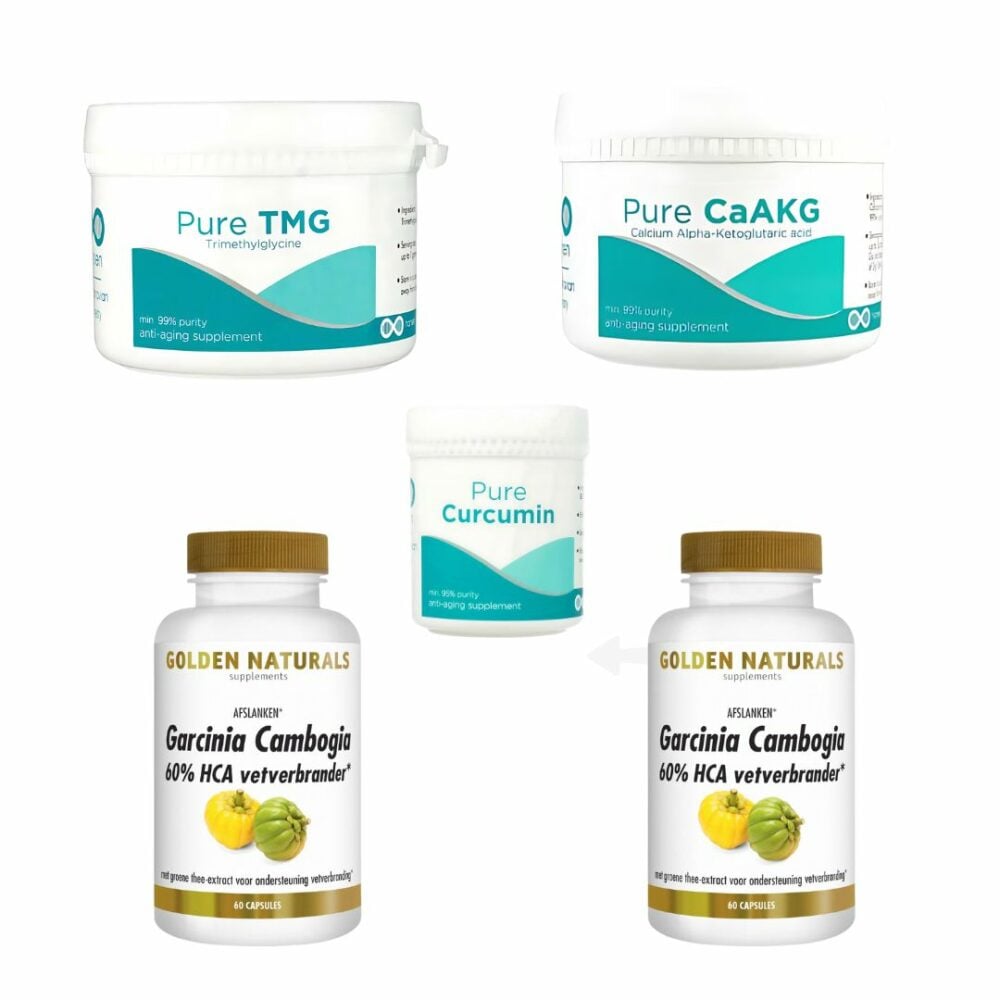
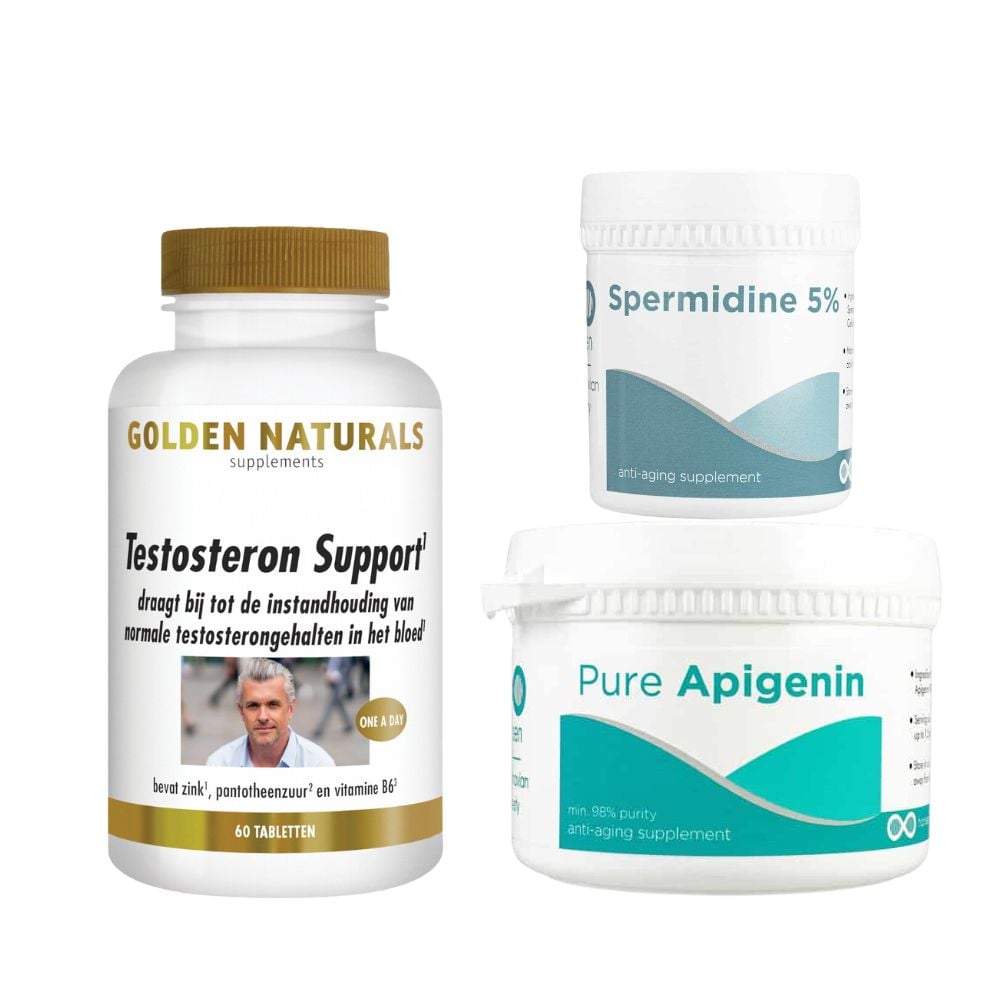
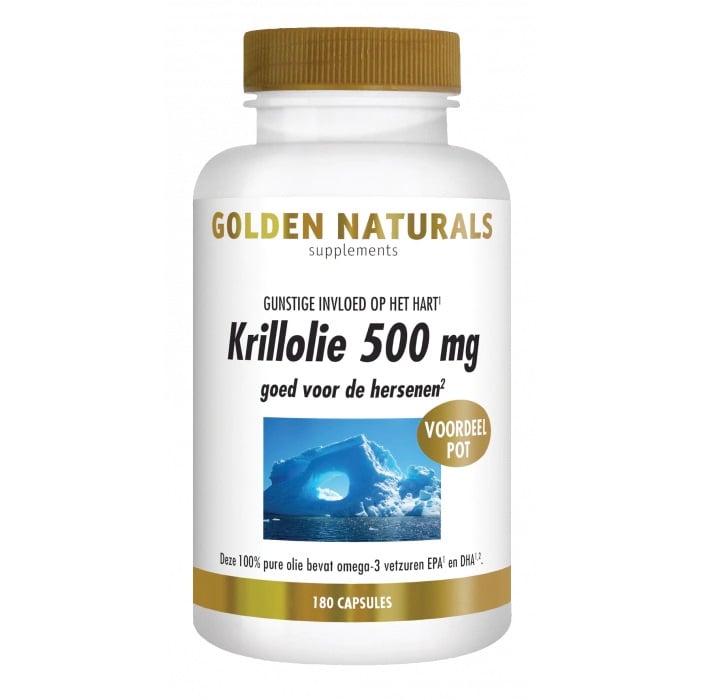
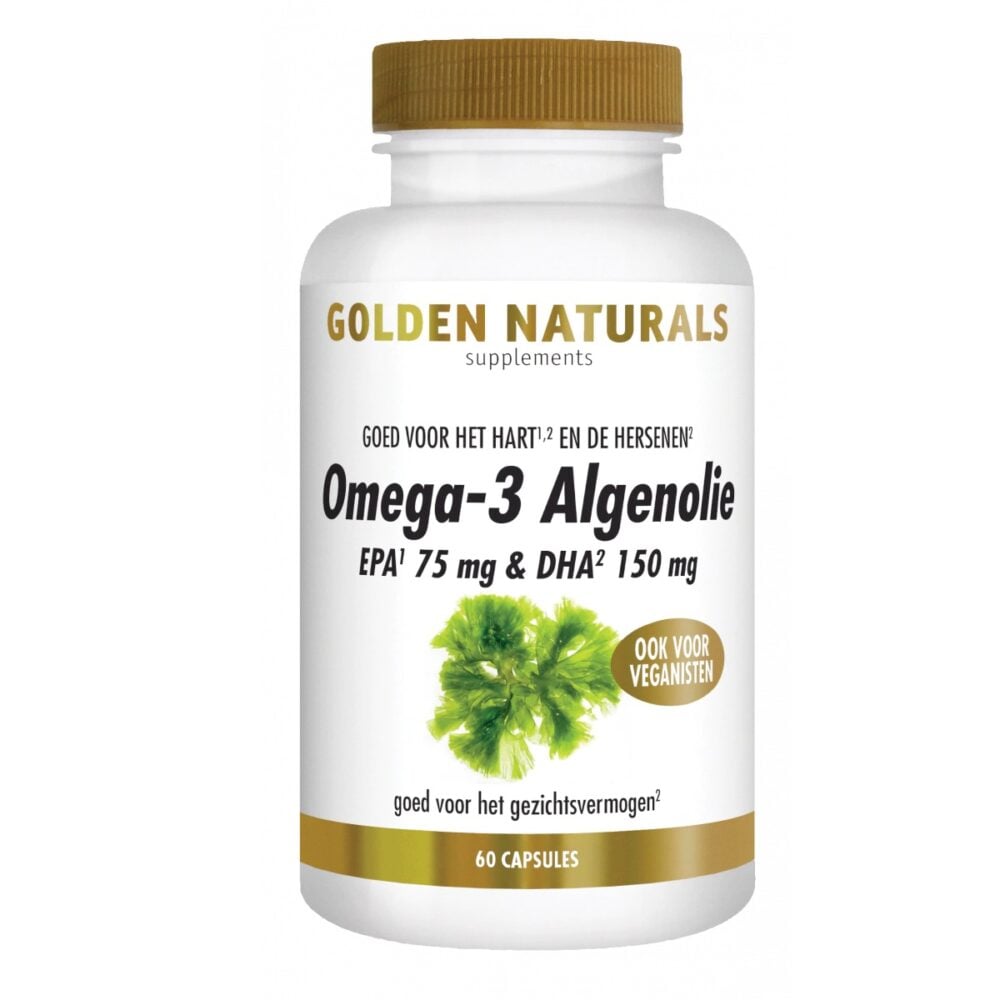
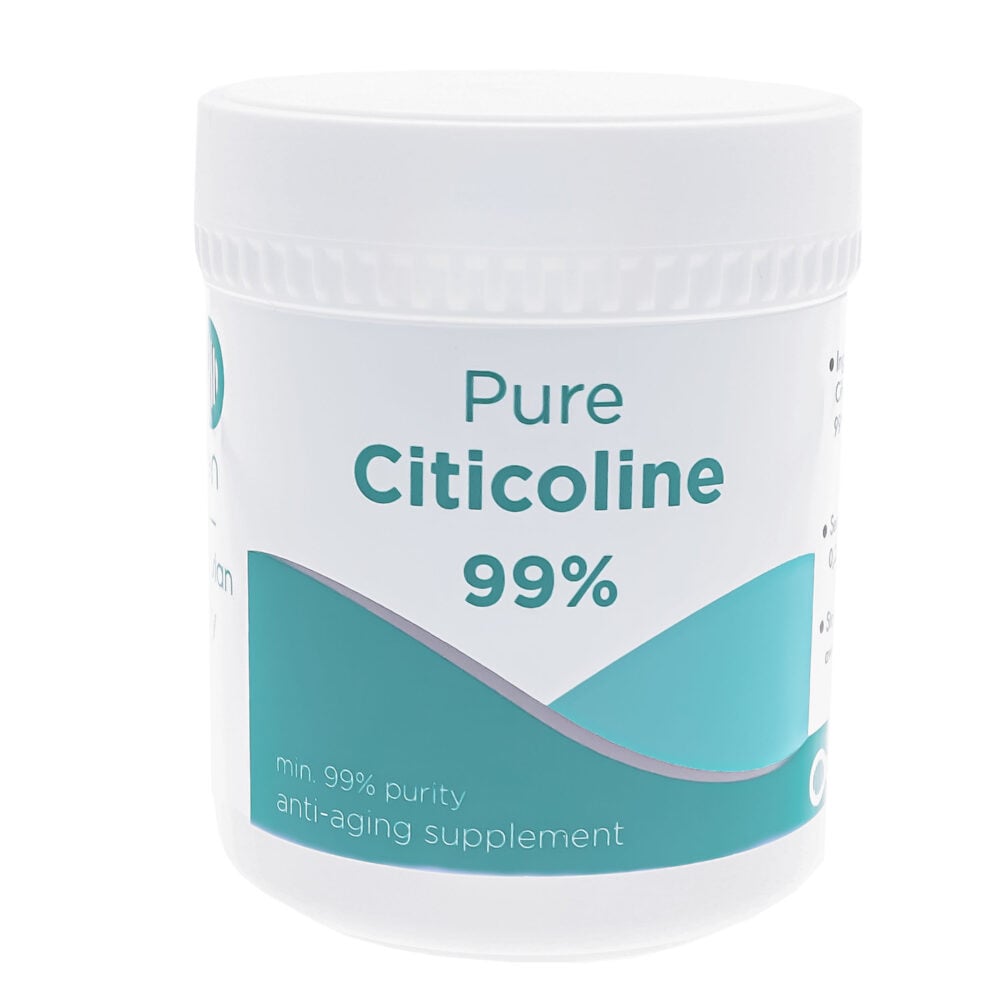
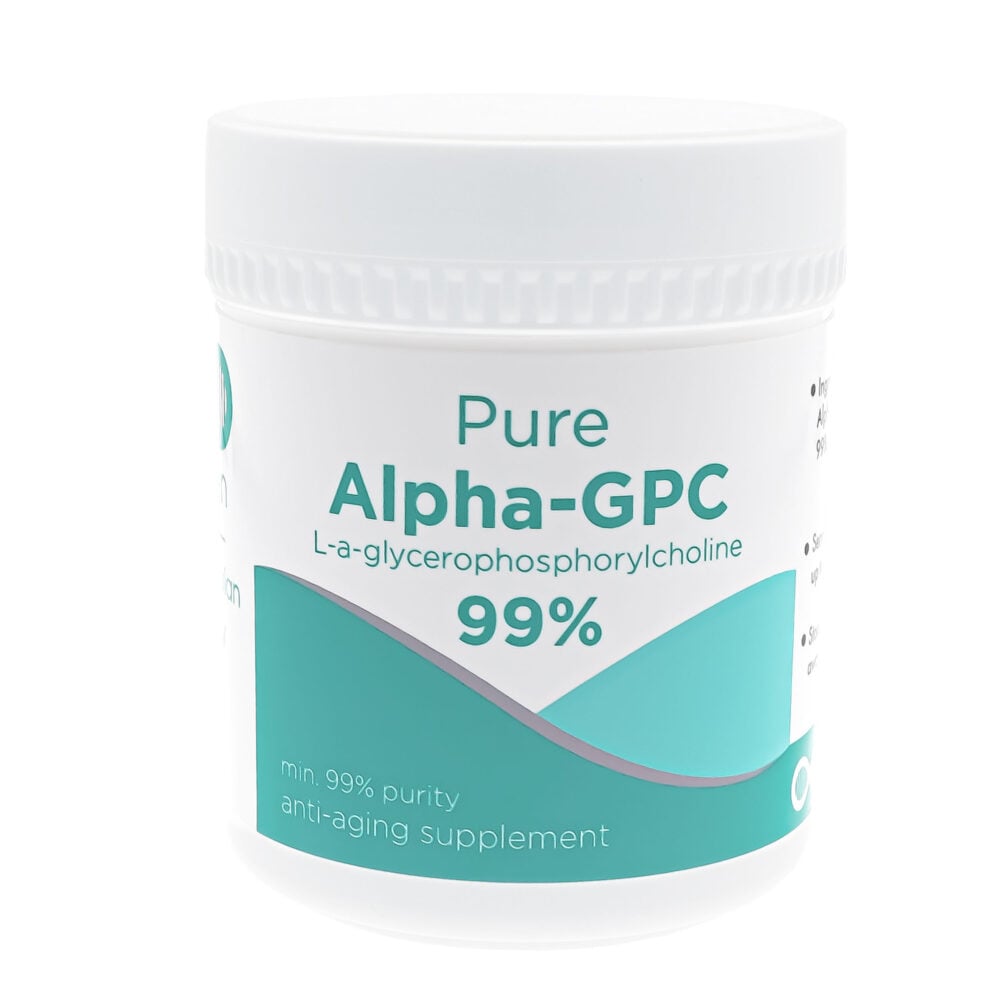
order safely
5% discount on your 1st order